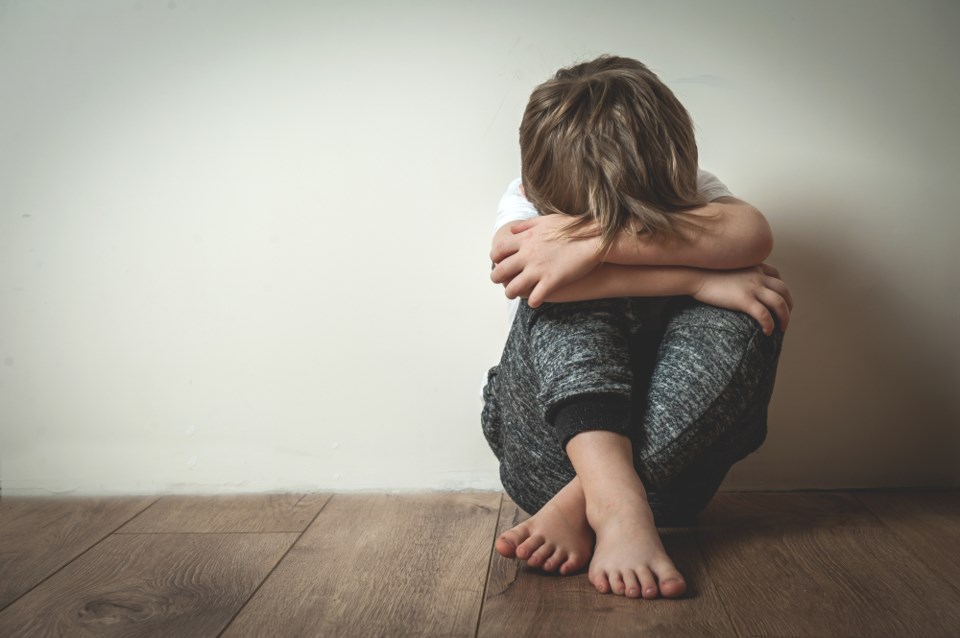Childhood trauma: It is something we are hearing about more often. Schools, social workers, and other community partners are more than ever being trained to understand how trauma impacts the brain. But what does it actually mean to experience trauma? How do you know?
Trauma can be defined as any event (one-off or long term) that is typically unexpected, and a threat to a person’s well-being, creating psychological distress for an individual. For a child, this could be any form of abuse, both physical and emotional, such as the loss of someone significant in their life, or an accident.
These critical incidents in a child’s life have the ability to impact the neural pathways formed in the brain, and particularly the areas of the brain that deal with stress, such as theamygdala, hippocampus, and prefrontal cortex.
So how does this affect a child’s behaviour? Concerns such as anxiety, depression, thoughts of suicide and disturbed sleep can all be evidence of trauma. This is not an exhaustive list by any means, and how traumatic stress manifests will vary from child to child, depending on the child’s age and developmental level.
Unfortunately, exposure to traumatic events can affect the brain and nervous system and increase difficult behaviors, which is why if your child is expressing feelings of distress, it is important to get help. Reach out to a family doctor for a referral, or to a mental health professional who can help your child process the traumatic event and provide support to move through the trauma and build resiliency.
Studies have indicated that therapeutic techniques like Cognitive Behavioural Therapy (CBT) have been highly successful, evidence-based treatments for trauma and trauma-related disorders.
There are many ways you can support your child, as well. Children who have experienced trauma need to feel safe and loved. Being emotionally and physically available to your child’s needs can help nurture this. Try to be as patient as you can, empathizing with your child’s feelings.
The issues may not seem like a big deal to you, but they may be to your child, even if the event was several years ago. By providing a loving, caring environment with the addition of therapeutic supports, your child can heal and thrive after a traumatic event.
Mary Charron is a social worker, specializing in child, family and adolescent therapy in Newmarket. She can be reached at [email protected]

